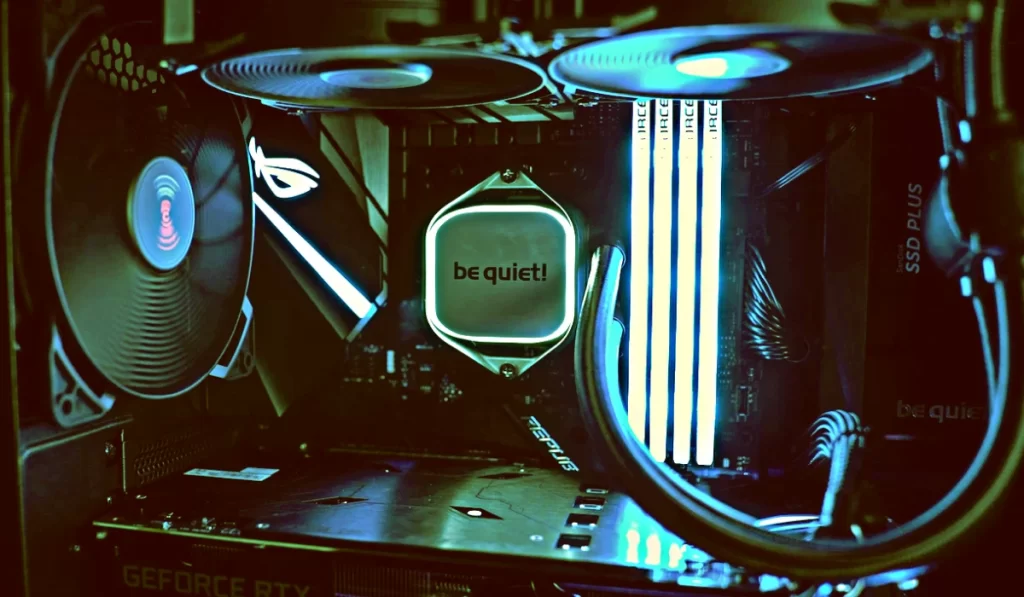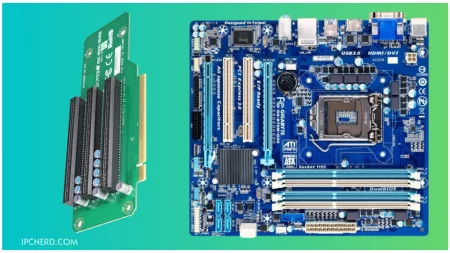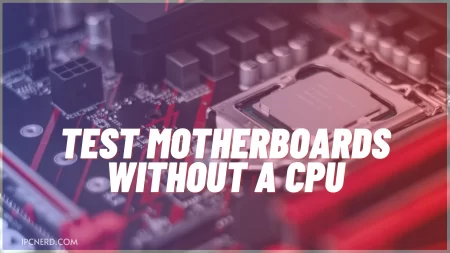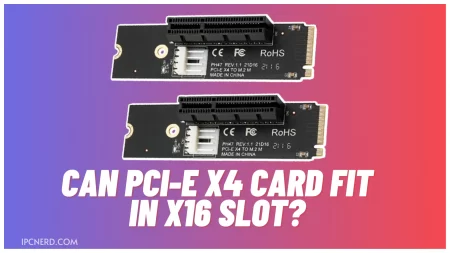If your computer’s processor is running hot and gets too warm, there aren’t many things you can do to cool it down. You could buy a new PC or even invest in a CPU cooler. In this article, we’ll cover the pros and cons of getting a CPU Cooler for your PC and how much money you should expect to spend.
Why Would I Need a CPU Cooler?

A CPU cooler is a small, fan-driven device that attaches to your computer’s motherboard and helps keep your processor running at a cooler temperature.
Over time, heat from your computer’s processors can cause damage to the computer’s hardware and even shorten its life. A CPU cooler can help keep your processor running at a cooler temperature, preventing these problems from happening.
How Do CPU Coolers Work?
A CPU cooler is a device that sits on top of the CPU and helps to keep it cool. By doing this, the CPU can run more efficiently, resulting in a longer lifespan for the computer.
There are a few different CPU coolers, but they all work the same way. They use fans to circulate air around the CPU, reducing the heat that builds up and affects the computer’s performance.
CPU coolers come in various shapes and sizes, so it’s important to find one that will fit your computer perfectly. Some coolers are also designed to be attached directly to the motherboard, while others require installation onto an existing fan or heat sink.
Overall, CPU coolers are essential to keeping your computer running smoothly and efficiently. If you’re considering getting one for your PC, do your research first to choose one that’s right for you.
What is the Purpose of a CPU Cooler?
CPU coolers are essential for keeping your computer running at its best. They help to keep the processor and other components cool, preventing them from overheating and causing damage.
CPU coolers also reduce noise levels, improving performance and reliability. Additionally, they can prolong the life of your computer’s hardware by protecting it from heat-related issues.
Pros and Cons of Using a CPU Cooler
There are many pros and cons to using a CPU cooler. On the pro side, CPU coolers can help reduce your system’s temperature by up to 5 degrees Celsius. This can improve performance and minimize system crashes.
Additionally, CPU coolers can protect your computer from overheating accidents, which could result in damage or loss of data.
However, there are also some cons to using a CPU cooler. For example, if you don’t have a CPU cooler installed, your computer may run more slowly because the chip will work harder to keep itself at an acceptable temperature.
Additionally, installing a CPU cooler may void your warranty if your computer is not properly cooled. In extreme cases, installing a CPU cooler may also cause hardware failure.
How to Install a CPU Cooler
CPUs get hot when they’re working, and if the cooler isn’t installed properly, it can cause damage to the CPU. Follow these instructions to install your CPU cooler:
- Open up your computer case and locate the fan header. There will usually be a fan plugged into this header. Unplug the existing fan from the header and plug in your new cooler. Make sure that the screws on the cooler match those on the fan header.
- Reconnect all cables from your cooler to the motherboard, ensuring that each cable is connected correctly.
- Install your computer’s power supply and connect both ends of the power cord to a power outlet. You’re ready to start installing your CPU cooler!
Frequently Asked Questions
Do I need a CPU cooler for my PC?
A CPU cooler is not necessary for your computer but it can significantly affect performance. A CPU cooler will help keep your computer’s processor running at its peak efficiency and help prevent heat from building up inside the machine. If you don’t have a CPU cooler, you may experience decreased performance and increased temperatures. In some cases, overclocking your machine without a CPU cooler can lead to damage. If you’re unsure whether or not you need a CPU cooler, we recommend checking out our guide to choosing the best one for your computer.
Can I Overclock My PC Without a CPU cooler?
Yes, you can overclock your PC without a CPU cooler. However, overclocking your machine without a CPU cooler can lead to damage. Overclocking your machine without a CPU cooler can also result in decreased performance and temperatures. It is important to be aware of the risks involved in overclocking your computer and consult with an expert if you are unsure how to do it safely.
Conclusion
As the temperatures drop and we start preparing for the colder months, it’s important to ensure your PC is ready for the chill. While a CPU cooler won’t necessarily keep your computer from freezing over, it will help reduce the chances of your system overheating and crashing.
If you’re unsure if you need a CPU cooler for your computer, be sure to take some time to read our guide on what to look for in a CPU cooler before making a purchase.







